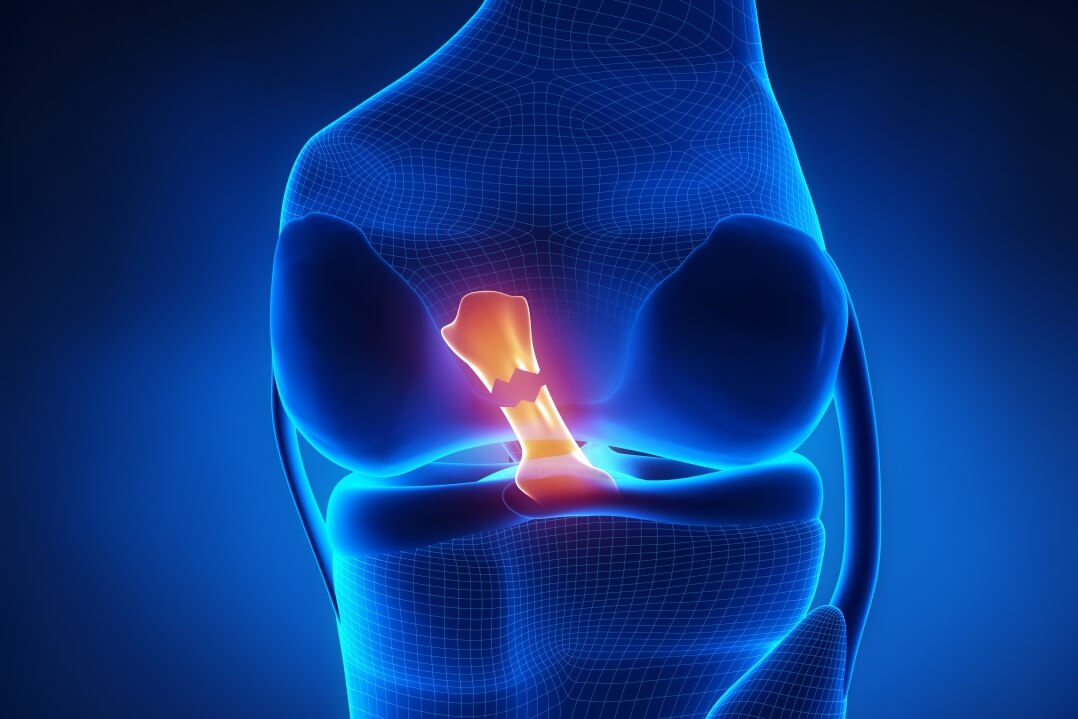PCL Tear Treatment in Madipakkam
Specialized care for posterior cruciate ligament injuries with advanced reconstruction techniques by Dr. Arun Kumar
BOOK AN APPOINTMENT
Specialized care for posterior cruciate ligament injuries with advanced reconstruction techniques by Dr. Arun Kumar
BOOK AN APPOINTMENT
A PCL tear occurs when the posterior cruciate ligament in the knee is overstretched, partially torn, or completely ruptured. This ligament is located at the back of the knee and plays a vital role in maintaining joint stability.
PCL tears usually happen due to high-impact injuries, such as road accidents, falls, or sports-related collisions. Unlike ACL injuries, PCL injuries often occur with other ligament or cartilage damage, making them more complex to treat.
Patients with a PCL tear in Madipakkam may notice:
The most common causes of posterior cruciate ligament tears include:
Risk is higher for athletes, accident victims, and people with a history of previous knee injuries.
Treatment depends on the severity of the tear (Grade I–IV) and whether other ligaments are also injured.
If the PCL is completely torn or if there are multiple ligament injuries, surgery may be necessary.
Dr. Arun Kumar carefully assesses each patient and recommends surgery only when necessary, ensuring long-term knee stability.
Recovery depends on whether the injury is treated non-surgically or with surgery. Patients may expect:
Rehabilitation exercises and physiotherapy are essential for full recovery and preventing re-injury.
Dr. Arun Kumar combines medical expertise with a patient-focused approach to ensure the best recovery outcomes. Learn more about our Elbow LCL Injury
Common signs include pain at the back of the knee, swelling, and difficulty walking downhill or down stairs. A doctor may confirm with an MRI or physical tests.
Yes. Many partial PCL tears heal with rest, bracing, and physiotherapy. Surgery is needed only for severe or combined injuries.
Most patients return to daily activities in 8–10 weeks. Full sports recovery usually takes 6–9 months with proper rehabilitation.
Ignoring a PCL tear can lead to knee instability, chronic pain, and early arthritis. Timely treatment ensures better outcomes.